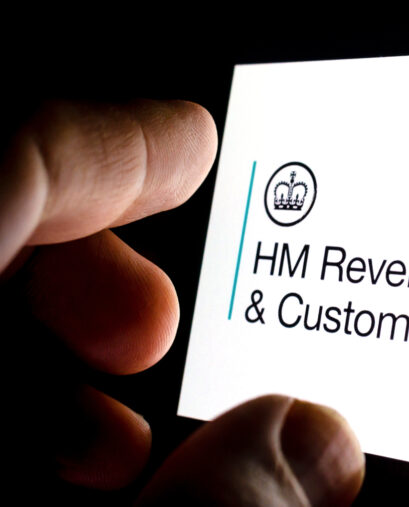Trusts Explained – what types are there and how can they be beneficial?

Most pension funds are structured as trusts, many life insurance policies are written into a trust run by the insurer so that the funds can be paid out in accordance with the life insured’s wishes quickly. Charitable funds are usually held in a trust, which enables the Settlor to record their wishes for the Trustees but leave them to decide over time how the funds should be utilized.
But what are trusts, what types are available in the UK, and how can they benefit people from a wealth planning perspective? Nicola Dudley, partner in our Private Wealth & Tax team, explores.
But first, there is some legal “jargon” to get past. The person giving the assets is usually known as the ‘settlor’, the people who look after the assets are called the ‘trustees’ and those who benefit from the trust are called the ‘beneficiaries’.
A trust is a legal arrangement where a person, known as a settlor, transfers assets such as property, money or investments to a trustee, who manages these assets for the benefit of the beneficiaries of the trust.
Trusts are often used as a way to protect and manage assets, and to ensure they are passed on to beneficiaries in a specific way.
They provide the opportunity to plan how wealth should pass from one generation to another with the flexibility to change those plans if circumstances alter over time.
Trusts can take effect either during someone’s lifetime or on their death and the type of trust will depend on how the Trust Fund is to be distributed.
There are several types of trusts available in the UK, including:
Bare trusts
In a bare trust, the beneficiaries have an absolute right to the trust assets once they reach a certain age, typically 18. The trustees have no discretion in how the assets are managed or distributed.
Discretionary Trusts
A discretionary trust is a type of trust in which the trustees have the discretion to decide how to distribute the trust’s assets among the beneficiaries.
In a discretionary trust, the beneficiaries do not have a fixed entitlement to the assets of the trust. Instead, the trustees have the power to distribute the trust’s assets as they see fit, based on the needs and circumstances of the beneficiaries.
Discretionary trusts are often used for tax planning, asset protection, and to provide for the ongoing financial support of beneficiaries, such as children or grandchildren.
The trustees can use their discretion to make distributions to beneficiaries based on their individual needs and circumstances, such as funding education expenses, providing for medical care, or supplementing income.
Interest in possession trusts
In an interest in possession trust, the beneficiary has a right to the income generated by the trust assets, but not the assets themselves. Once the beneficiary dies, the assets are distributed to other beneficiaries.
Charitable trusts
In a charitable trust, the assets are held for the benefit of a charity or a charitable purpose.
Trusts can offer several benefits in wealth planning. For example, they can:
- Provide protection for assets: Trusts can be used to protect assets from creditors or to shield them from inheritance tax.
- Allow for greater control: By setting up a trust, the settlor can ensure that their assets are managed and distributed according to their wishes.
- Provide for vulnerable beneficiaries: Discretionary trusts can be used to provide for beneficiaries who may not be able to manage their own finances, such as children or those with disabilities.
- Facilitate the passing on of assets: Trusts can be used to pass on assets to beneficiaries in a tax-efficient way, and to ensure that the assets are managed and distributed in the most effective way possible.
It is important to note that setting up a trust can be a complex process, and it is important to seek professional advice before doing so.
Our private wealth and tax team is made up of experts who specialise in Trusts – both UK and International.
From advising on the type and set up of trust you need to meet your objectives, to providing ancillary advice on the tax implication of trusts, Jurit can help.
Nicola Dudley Partner - Private Wealth & Tax +44 (0) 20 7846 2370 nicola.dudley@jurit.comPlease note this paper is intended to provide general information and knowledge about legal developments and topics which may be of interest to readers. It is not a comprehensive analysis of law nor does it provide specific legal advice. Advice on the specific circumstances of a matter should be sought.









